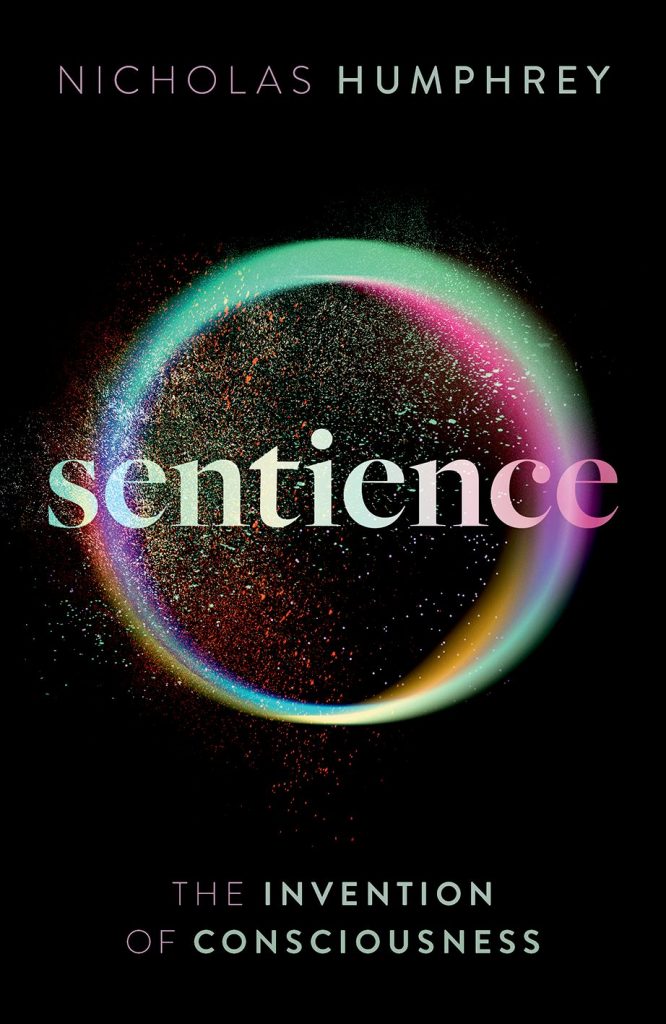How do sensations arise in the brain? Who else in the world is conscious the way humans are? Nicholas Humphrey brings together a lifetime’s work to put forward a provocative new theory.
“Nobody has thought more deeply, originally or poetically about animal sentience and the notion of consciousness. In this bold and persuasive book, he lays out how he came to his conclusions in a lifetime of studying animals and human minds.” – Matt Ridley
We feel, therefore we are. Conscious sensations ground our sense of self. They are crucial to our idea of ourselves as psychic beings: present, existent, and mattering. But is it only humans who feel this way? Do other animals? Will future machines?
Weaving together intellectual adventure and cutting-edge science, theoretical psychologist Nicholas Humphrey will explore the quest for answers: from his discovery of blindsight in monkeys, his pioneering work on social intelligence, to breakthroughs in the philosophy of mind. The goal: to solve the hard problem – to explain the wondrous, eerie fact of “phenomenal consciousness” – the redness of a poppy, the sweetness of honey, the pain of a bee-sting.
What does this magical dimension of experience amount to? What’s it for, and why has it evolved? Humphrey will present, in full for the first time, a plausible solution. It implies that phenomenal consciousness, far from being primitive, is a relatively late and sophisticated evolutionary development. The implications, for the existence of sentience in nonhuman animals, are startling and provocative.








